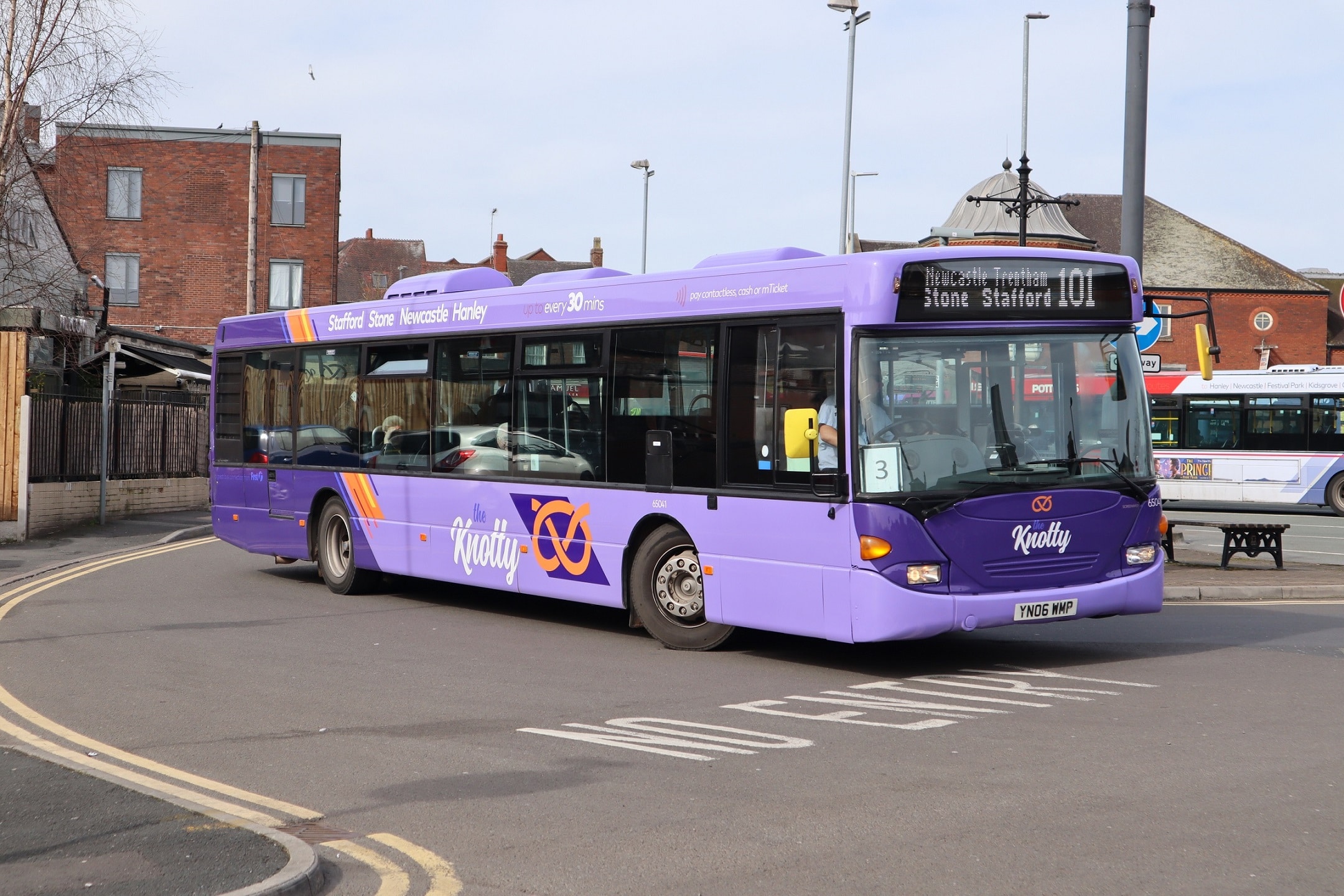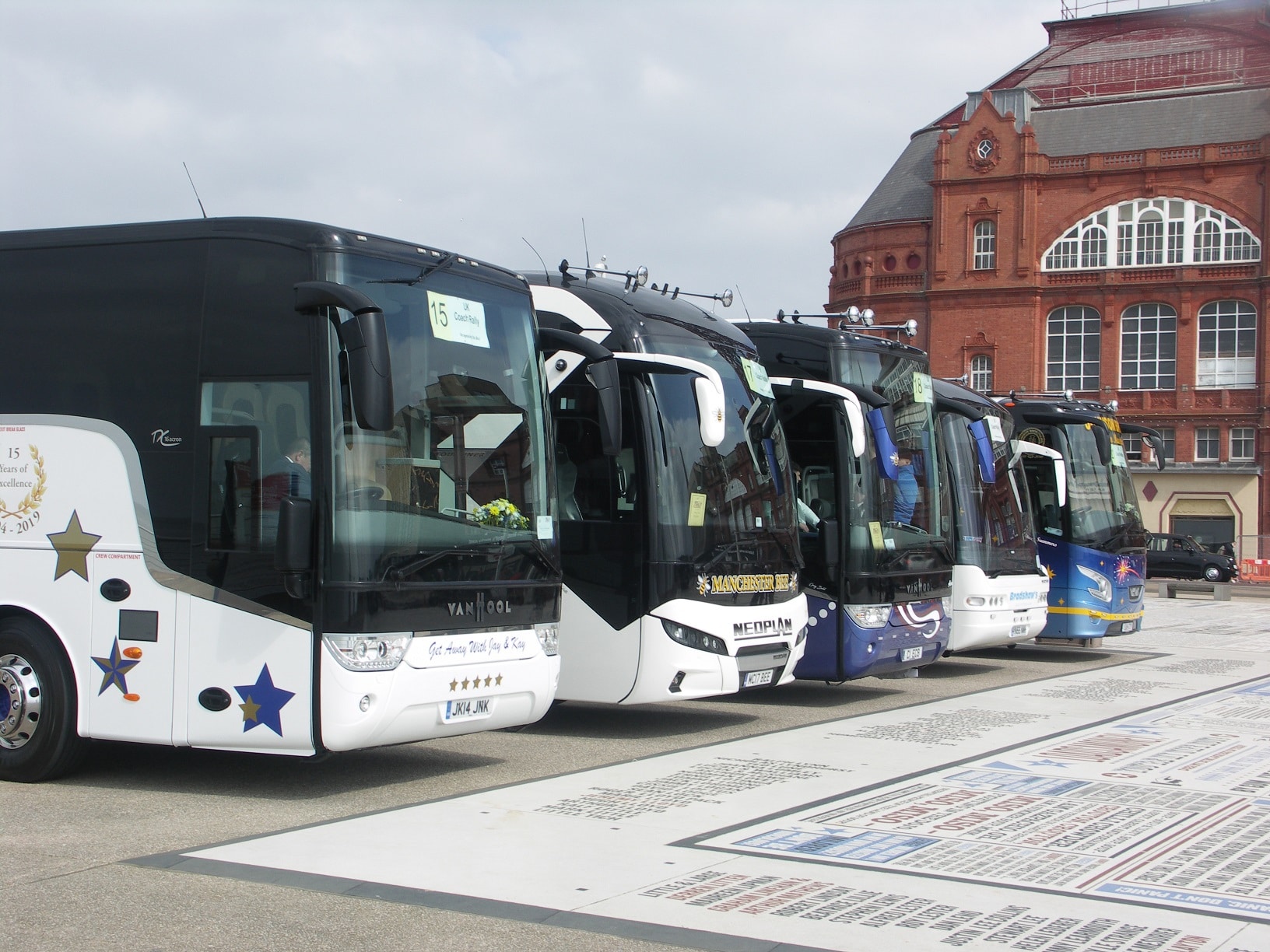The Department for Transport (DfT) has outlined the terms and conditions of its £254m COVID-19 Bus Service Support Grant (CBSSG) Restart package.
CBSSG Restart will support the bus industry in England through the recovery period from coronavirus COVID-19. It runs for an initial 12-week period, backdated to 12 May. The scheme incentivises an increase of services to 100% of full timetables within the context of maintaining social distancing, but it does not allow for operators to return either a profit or a loss while it is in force.
CBSSG Restart replaces the previous CBSSG, which has been in effect since 17 March. CBSSG was introduced to support the industry when strict movement restrictions were in force. While some terms and conditions of CBSSG Restart are similar or identical to those for CBSSG, others are not, particularly in relation to service levels.
“The overarching aim of CBSSG Restart is to ensure that operators remain viable while continuing to provide key services, and that the bus industry is able to support the economic recovery once the crisis has passed,” says a document issued earlier this week.
Like its predecessor, CBSSG Restart uses a baseline 100.51p per commercial live kilometre payment as its foundation.
In a difference to the earlier scheme, other costs may also be claimed through CBSSG Restart. They include those accrued for PPE and safe operation. Those that are a result of removing staff from the Coronavirus Job Retention Scheme early and are for returning vehicles to service will be settled via a one-off payment in June.
CBSSG Restart: Engagement with LAs is at its heart
As a condition of CBSSG Restart funding, agreement must be reached with relevant local authorities (LAs) on service levels that are to be provided. Operators may propose to run up to 100% of scheduled commercial mileage for a typical non-school week for the period of the new scheme.

The terms and conditions state that buses should not be overcrowded and that their capacity must allow social distancing guidelines to be met.
Operators are to agree with LAs on at least a four-weekly basis what service level is needed. That includes taking steps to respond to and comply with LAs’ reasonable requests to amend routes and timetables.
LAs are “urged” to continue to make contracted service and ENCTS payments at pre-coronavirus COVID-19 levels.
Participants in CBSSG Restart are not permitted to implement commercial fare increases while receiving funding, or during the four weeks after the scheme’s conclusion.
Notably, DfT says that operators may consider increasing service levels “through agreements with other operators and/or coach operators.” Hire charges for coaches are an eligible cost under the CBSSG Restart reconciliation mechanism. The terms and conditions do not offer guidance whether coaches used in this manner would be subject to PSVAR requirements or exempted from them.
Payment details: Based on service levels
CBSSG Restart payments are based on four-weekly periods. For the purposes of the calculation of the first of those, which will be backdated to 12 May, the service level factor used will be 55% of a four-week average of commercial live kilometres operated in 2019. That will be multiplied by 100.51p per kilometre to arrive at the payment due.
The calculation for the second four-week period, beginning 9 June, will be based on a service level of 80% of a four-weekly average of 2019 commercial live kilometres. DfT says that will reflect the expected ramp up of operations.
In each of the first two periods, the service level percentage can be adjusted upwards where operators run more than 55% or 80% of services, respectively. When applicable, that must be done in agreement with the relevant local authority (LA) and DfT.

For period three, and any subsequent periods, payments will be calculated based on actual commercial live kilometres data for the previous period. Those figures will be provided by the operator.
Additionally, period three and onwards will also include a scaling factor for the pence per kilometre sum using actual patronage (excluding concessionary passengers) for the previous period.
These formulas aim to estimate an operator’s four-weekly grant payment ahead of data being received for the respective period. For that reason, each calculation from period two onwards will include an adjustment for the previous period. That adjustment will be based on actual kilometre and patronage data for the previous period as provided by the operator.
Some details of scheme still to follow from DfT
A wide range of data will be considered at part of DfT’s reconciliation process. Its primary purpose is to consider compliance with conditions of the grant, and to ensure that operators have neither made a profit nor recorded a loss while in receipt of CBSSG and/or CBSSG Restart funding.
Little clarity is provided about how CBSSG Restart funding will be paid to LAs for contracted services. DfT says it will collect information from them on how CBSSG funding allocated to LAs was used. That will then “inform how funding for tendered services will be distributed through CBSSG Restart.”
In Greater Manchester, claims for CBSSG Restart funding for commercial services should be made to Transport for Greater Manchester (TfGM).
Operators that wish to receive CBSSG Restart funding and are already in receipt of CBSSG monies must present a declaration alongside their first period data submission. Those that did not receive CBSSG funding, but wish to participate in the CBSSG Restart scheme, must apply by 7 June.



























